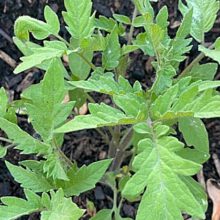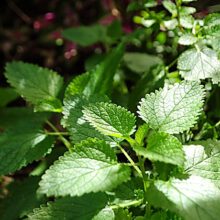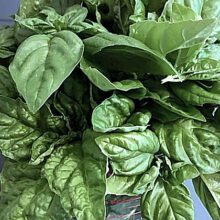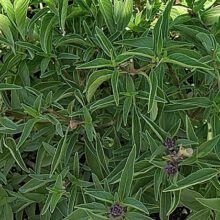How To Grow Herbs Using Artemisia Annua Seeds
Artemisia Annua is a hardy perennial that can grow up to two feet tall and spread to ten feet wide. The flat root system makes it easy to pack soil and handle pruning. It responds well to fertilizers and regularly receives fungicides to control mildew and enhance crop production. In fact, the perennial plant requires very little care once it has established itself in a garden or pot.
When planting herbs with Artemisia Annua seeds, you do not need to be an experienced gardener to succeed. Beginners can purchase these seeds from a local retailer at a reasonable price and plant them themselves. As with any new landscape, preparation is the key to successful gardening. The following guide provides information on how to prepare your garden for planting herbs with this hardy perennial.
Get started by removing all grass and weeds from your yard. This will make it easier to seed the area with fresh herbs. Then, gather up all leftover plants and compost in a large tumbler. Once the compost has been formed, add it to the bottom of a large plastic pot, making sure there are no air pockets.
When purchasing seeds for planting herbs with Artemisia Annua, it is important to choose ones that are organic. Do not use non-organic seeds, because they will not germinate or grow properly. If you are concerned about the quality of the seeds you are buying, ask the retailer to show you samples of the herb garden seeds you are interested in. It is also wise to use a soil testing kit that will test for moisture content, nutrients, and pH levels before planting.
It is important to keep your herb garden free of pests and rodents. Pests like spider mites, roaches, groundhogs, mice, and rats will all dig into your garden in search of the nutrients they need to survive. Get rid of them by applying Freon to the area where your seeds are planted. You should also regularly check for rodents by putting out bait and stopping any that will walk into the bait.
A successful herb garden requires proper drainage. Dig a hole, big enough for your herb garden, and put your pots in it. Fill the hole with gravel, pat it down, and then fill in around the pots. Make sure the gravel goes all the way around your pots.
Do not fertilize your garden until after the seeds have sprouted. Fertilizing your garden before your seeds sprout allows the seedlings to absorb the fertilizer, making it difficult for you to remove the fertilizer later. Instead, water your garden once each week while the seeds are in the growing phase. Use mulch to help retain moisture in the soil.
Do not over-fertilize your herb garden. Overfeeding can stunt your plants and seeds. Your best option is to let them grow freely until the seeds are about the size of softballs. Once they are that size, you can begin to feed them. Then you can fertilize them every three weeks.
Do not plant your herbs too close together. The space should be just right for each plant. Plant them one at a time in rows. Also, space them at least two feet apart. Herbs grow best when they are placed closer to each other, but if that is not possible, try to keep them as far apart as possible. Herbs are happiest when they can be bothered by less-than-perfect conditions.
Do not try to grow more than one kind of herb at a time. The more herbs you plant, the more expensive the herbs will become. Some of the herbs, such as the mints, will grow faster than others, so you will need to choose which herbs you want to grow based on speed. If you have more than you need, keep them in baskets until you have them harvestable and plan to store the rest at night in a cool, dark place.
Do not be afraid to use herbs for their entire lives in your garden. You may need to transplant some of them from one area of your garden to another. But, many of the best tasting and most useful herbs come from the soil they are planted in.
Once you have decided to plant an herb in your garden, do not expect it to thrive. They require more attention than many other plants, so do not over feed them. Also, some herbs, such as oregano, will burn if they are left out in the hot sun. You should protect these plants whenever possible to ensure they do not burn. In addition, you should water them only when the soil appears dry or when you are not using them.



